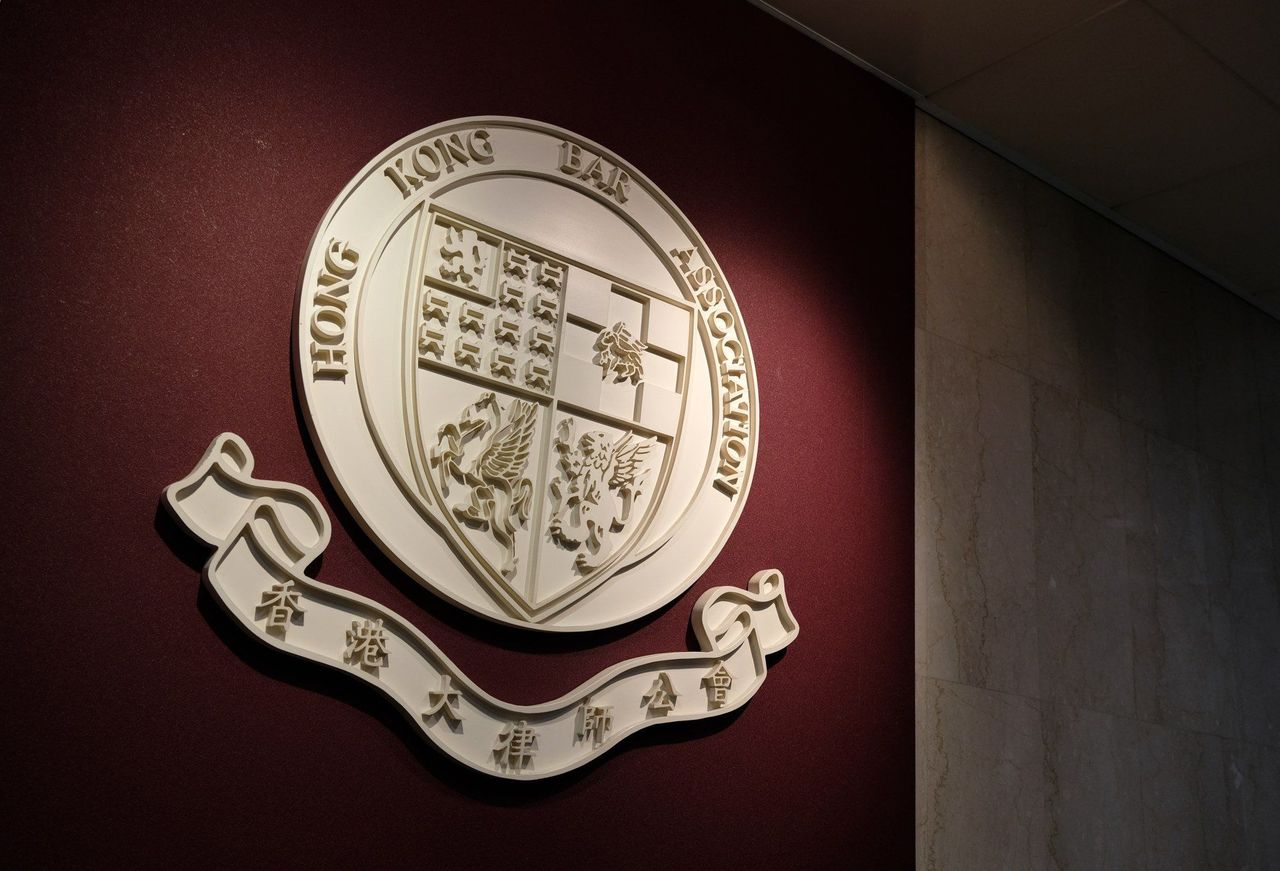Hong Kong News

Hong Kong’s chief justice stresses importance of senior counsel in legal system
Hong Kong’s chief justice has highlighted the importance of the common law institution of senior counsel under the “one country, two systems” principle in a speech to mark the appointment of five barristers to the prestigious rank.
At a ceremony on Saturday, Andrew Cheung Kui-nung said the institution of senior counsel went back centuries under common law.
“Nonetheless, the values embodied by the institution remain just as significant and important in modern day Hong Kong under the ‘one country, two systems’ arrangement, as at other times,” the top judge said, referring to the principle under which Beijing governs the city.
The five barristers who “took silk” – out of 17 applications received – were Mairéad Rattigan, Johnny Ma Ka-chun, Sara Tong See-pui, Tony Li Chung-yin and Victor Joffe. The term referred to the material of their new barrister gowns as opposed to the wool or cotton ones worn by their junior counterparts.
 The Hong Kong Bar Association’s logo.
The Hong Kong Bar Association’s logo.
The chief justice grants the title to the most outstanding barristers annually in recognition of their ability and standing in the profession, as well as their knowledge of law. They must have practised in Hong Kong for at least 10 years in total.
Cheung called the appointment to senior counsel “of great significance to the upholding of the rule of law and due administration of justice in Hong Kong”, saying it adding that it was “essential to our legal system that judges are able to have trust and confidence in the integrity and ability of the lawyers appearing before their courts”.
Last year, the Department of Justice brought in new legislation to award the status to lawyers other than barristers, a move floated by Secretary for Justice Teresa Cheng Yeuk-wah to extend eligibility for the title to her own workforce.
The Hong Kong Bar Association – the professional regulatory body for the city’s 1,500 barristers – criticised the change, calling it a threat to legal independence.
Cheung also said senior counsel played an “important role in maintaining and furthering the Bar’s fine tradition in upholding the rule of law and judicial independence in Hong Kong”.
Noting senior counsel were often looked at to fill the judiciary’s senior ranks, Cheung said it added another dimension to the significance of the institution under Hong Kong’s legal system.
“Our legal system, to a significant extent, is designed on the premise that successful senior counsel, or at least some of them, would one day become judges, thereby contributing their excellence to the judiciary for the benefit of a legal system by which they have been given so much,” he said.
The Bar Association’s new chairman, Victor Dawes, earlier this year said that while the body would continue to speak out on issues relating to the rule of law, political matters should not be its concern.
There had been rising concern about the Bar Association’s future last year, after some in the pro-Beijing camp attacked Dawes’ predecessor Paul Harris, an outspoken human rights lawyer who had proposed amendments to the national security law.
Harris, who was head of the Bar Association from January 2021 until earlier this year, had stayed out of the public eye after becoming a target of condemnation by Beijing authorities. He left the city in March after he was asked by police to explain acts that had allegedly violated the national security law.
The central government’s liaison office in Hong Kong had labelled Harris an “anti-China politician”, after he proposed amendments to the security law.
Harris’ predecessor as association chairman was human rights lawyer Philip Dykes. His time at the helm was marked by numerous statements, including some that disagreed with or criticised actions by the Hong Kong or central governments.











